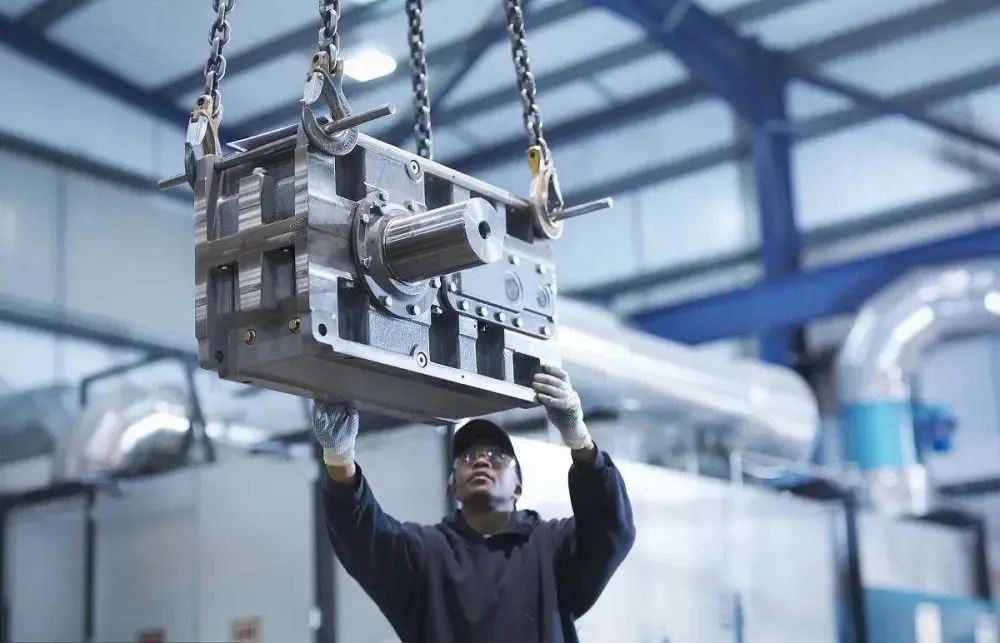Huawei can't even survive, how are motor companies going to get by in the next three years?
— 2022 —
12-19Huawei's internal forum went live on the afternoon of 22nd with an article about "the entire company's business policy should shift from the pursuit of scale to the pursuit of profit and cash flow". Within the article, Ren Zhengfei mentioned that with the decline in global spending power, Huawei should change its mindset and business approach from pursuing scale to pursuing profits and cash flow to ensure that it can tide over the crisis in the next three years.
"Make surviving the crisis the main agenda, and shrink and shut down marginal businesses across the board to pass the chill on to everyone." The article mentions that Huawei cloud computing should be stepped down to support Huawei's business development and take the path of supporting the industrial internet. Digital energy is investing more in the strategic window of opportunity to strengthen the combat team. Smart car solutions cannot spread a complete front, reduce the research budget and strengthen the commercial closure.
Huawei's most important judgement today is that
The next decade should be a very painful period in history, with a continued global economic downturn. The world's economies are now unlikely to turn around in the next three to five years due to the impact of the war and the continued blockade and suppression by the US, and with the impact of the epidemic, there should be no bright spot in any region of the world. There will then be a very significant drop in spending power, creating pressure on us not only in terms of supply, but also in terms of markets.
Of course, this is not the first time Huawei has shouted "survive".
The question is, what can we do if Huawei, as strong as it is, and as big as it is, is full of crisis?
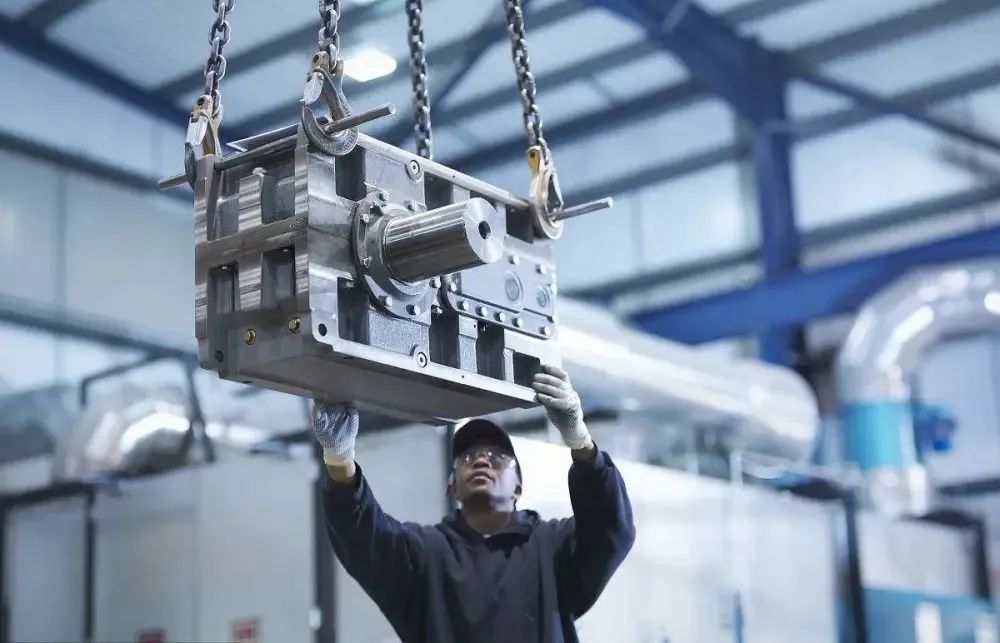
We do the motor industry chain, can give the answer in fact will not have too much deviation. That is, the only way out of the crisis is to "reduce costs and increase efficiency".
So, from a practical point of view, what should we do? I would like to give you a few important measures for different companies to follow.
Preserve cash flow. Profits and revenues are not important for the next three years, cash flow is.
Each founder should look at how much money is currently on the books and think about the worst case scenario: how much money can they expect to receive in the next 3-6 months? How long can it last? If you can survive for 6 months, congratulations. If you can only survive three months, then you need to take strong measures for cash flow management.
To keep your return and cash targets, some customers that may have problems will have to be adjusted. Some receivables that are problematic may have to be adjusted, and these are the aspects of the strategy where you have to go about making dynamic management changes.
In a crisis, there is nothing that cannot be done, everything that affects cash, adjustments can be made.
Surely it's not a question of asking the banks to borrow? I think the state is concerned about some large enterprises, many small enterprises are not necessarily able to get a loan. The most fundamental thing is to solve your own problems. For example, the co-founders can take some of the money they have made in the past and reinvest it at this point.
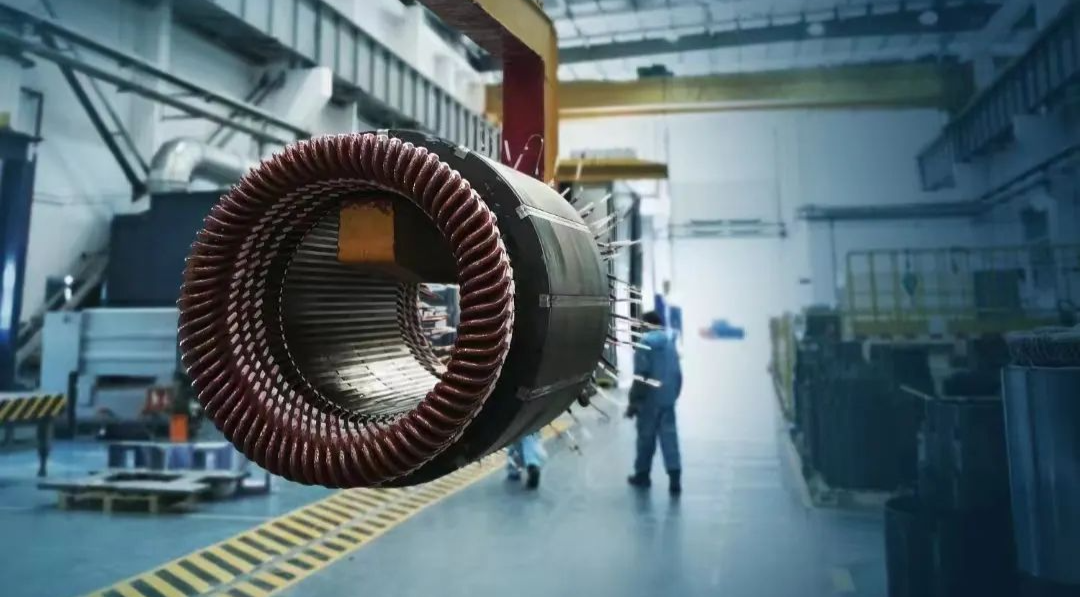
Probably the least important thing in our strategy for the next three years is instead to make money. It may be necessary to tone down our profit targets and insist that surviving is winning.
Cutting out all sorts of redundant costs
The key is the following, such as material costs, procurement costs, logistics costs, serious inventory structures, wasted R&D costs, administrative costs and so on.
Each company has to make adjustments to its product strategy according to its own situation.
In other words, it is very important to have a product planning meeting for the next three years as soon as possible, so that our corporate executives and experts can do another comprehensive review and make another adjustment. It is important to ensure that strategic products are still done with determination, even if we tighten our belts.
Many companies have a lot of product development projects and a lot of products, and there was still a bit of hesitation in the past as to whether to do it or not. This year it happens to be firmly cut. There are also some products that were not profitable in the past and I don't know if they will be profitable in the future, so I think we should make a decision not to do it this year. Because we want to leave money for really valuable, strategic products.
At the same time, there are marketing costs, administrative costs, including operating costs, all of which should be adjusted. Save a little if you can.
However, I can't think of a last resort to reduce staff expenses. Don't give your employees a pay cut, and don't lay them off.
Of course, there can be some employees who are not strugglers, and from the year-end assessment, they also belong to the bottom 10%, which means that without the epidemic, they may have to leave the company this year. So, should this group of employees be moved?
My advice is that it depends on the company's cash flow. If the company has money, cut two less, or don't cut them. If the company is really broke, there is nothing we can't cut.
But we have to keep the real strugglers, those who have followed the company all the way and grown for years, they are the company's treasure, these people must be firmly preserved, even if we give them shares, we have to keep them alive. Because they are the seeds of the revolution.
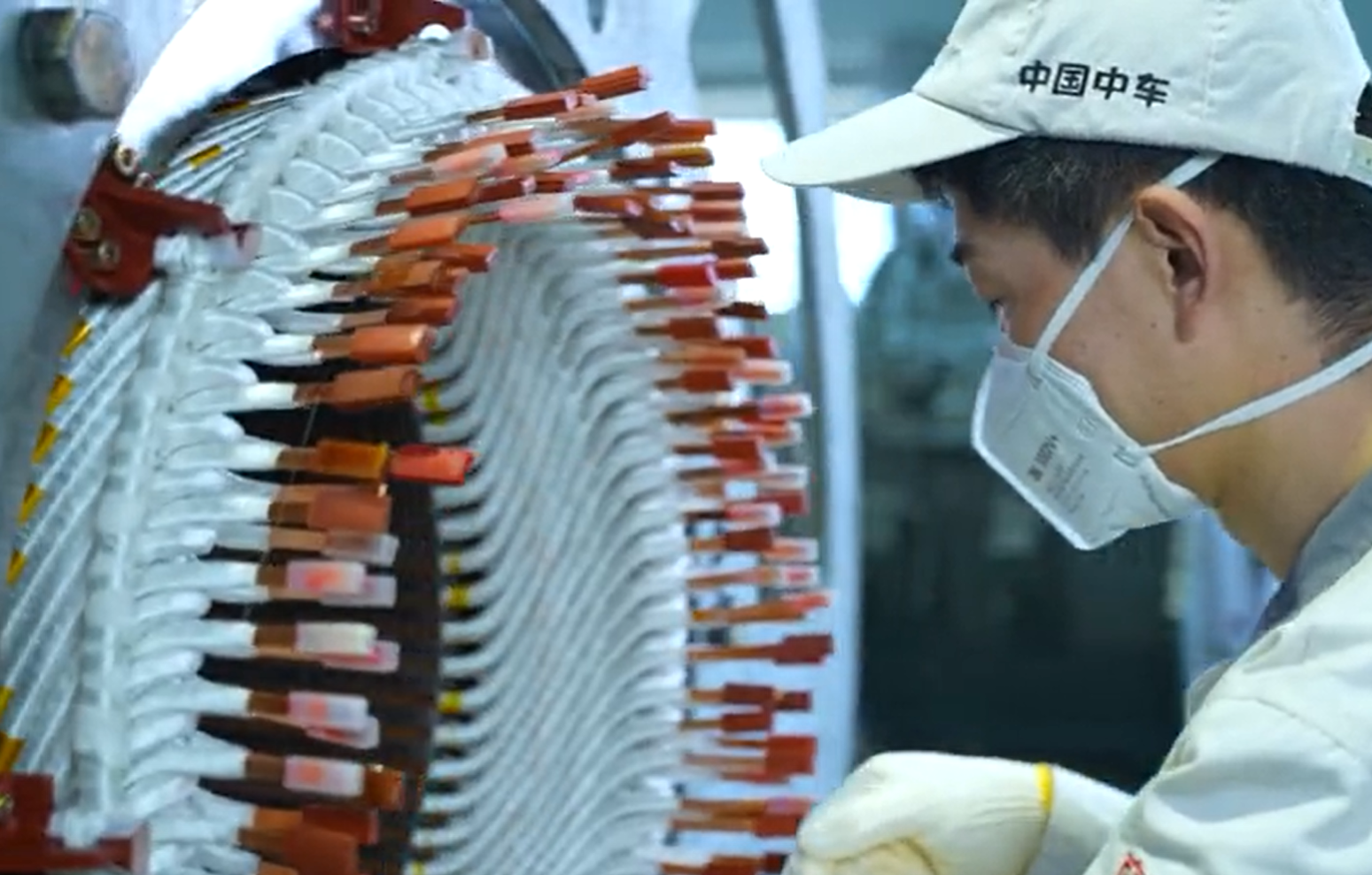
Also, for the middle and senior management, some adjustments and changes can be made. For example, it is the middle and senior executives who earn more, can they take the lead in reducing their salaries? By how much? It is up to them to decide. I don't think it needs to be too much, just a 20-30% cut. I think this is also the moment to show values and leadership.
In short, from a cost point of view, try not to cut salaries, don't cut people and try to reduce transactional costs.
Also, we want to encourage the masses to come together to brainstorm ideas and make savings so that through this change, we can create a long-term mechanism. These savings we also encourage to award 10-20% to employees who make suggestions so that we can continue to work together as a group.
Redistribution and restructuring around marketing and key markets
We are going to focus on some key accounts and key markets this year. You have to go and select your select customers, key customers to serve.
So, we need to have an important meeting to do the selection and adjustment for this year's market segments and target customers, to evaluate the existing customers, which ones can continue to work together? Which ones need strategic adjustments and changes.
There is also a very important opportunity for our regular customers. In the past, a lack of service has led to a loss of old clients. So, this year is the time for you to pick up your old customers again, and we need to emphasise customer service management to help us with these old customers in these tough times.
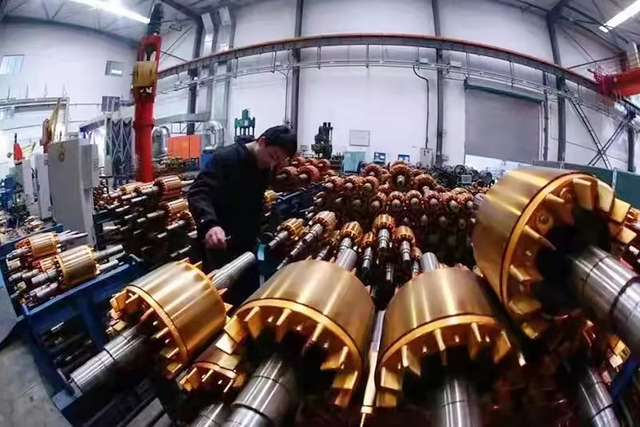
Ren said that the tougher the times, the more important it is to saturate the key customers on all fronts, because if the customer dies, you are really dead. As long as the customers are still there, you will definitely survive. We should do everything we can, wholeheartedly, to help those customers who are in difficulty and help them get through it. This is the time for all industries to demonstrate true customer-centric values.
Therefore, in this part of marketing, we should focus on key markets and key customers, especially in key markets where the epidemic is less severe, and we should make key breakthroughs.
The Chinese market is huge and there is still a lot of room for improvement. These markets are also very promising in the future. Therefore, it is necessary to make adjustments and changes around the key markets and the layout of the business.
Supply chain change. The supply chain has to be adjusted based on sales and market forecasts. Also make adjustments from the perspective of production planning, stock preparation, procurement and logistics.
I have noticed that the core problem of some cross-border e-commerce companies this year is that they do not have enough inventory. This requires urgent adjustment, to communicate with suppliers, to develop new suppliers and to ensure smooth logistics.
For our business, difficulties are temporary. Life today is a battle, and survival of a business today is a special battle.
Difficulties may defeat a team, but they can also refine a team, a good team, must be in distress to fight out, to fight out.
Winter is temporary, history is always the cycle of the cycle, can survive in the winter of the enterprise, must be able to meet a brighter spring.
-
The Ministry of Industry and Information Technology 22 years will be the key energy-using special monitoring of the motor, the development of high-efficiency motor will enter the fast track
-
Dedicated to the centenary of the Party
-
Li Qiufeng, Secretary of Huishan District Party Committee, visited Oerlikon for inspection and research
-
The construction of the new Oerlikon plant and its successful production history


